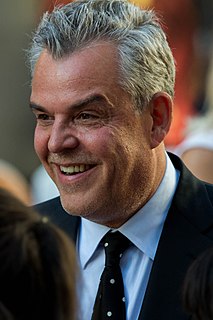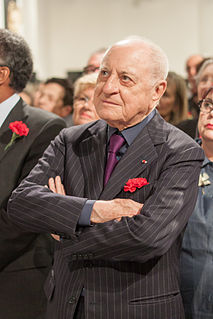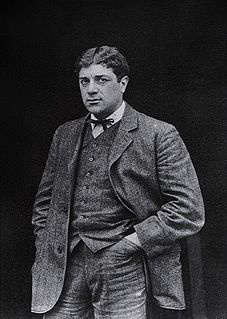A Quote by Danny Huston
There's a point where art is not subjective, and my example for that is Picasso. If you don't like Picasso, that's your problem.
Related Quotes
Look at the paintings of Picasso. He is a great painter, but just a subjective artist. Looking at his paintings, you will start feeling sick, dizzy, something going berserk in your mind. You cannot go on looking at Picasso's painting long enough. You would like to get away, because the painting has not come from a silent being. It has come from a chaos. It is a by product of a nightmare. But ninety-nine percent art belongs to that category.
Your regional newspaper, and I like to use this example, in your local museum buys a Picasso, that's news especially if they've spent $10 million for it. But if you don't have a credit on your staff then you don't have anybody who's confident to say whether or not it was a good Picasso, might even be aware of the fact that there are bad Picassos. Arts journalists who don't have the experience of criticism, the skill of criticism, don't think in terms of critical evaluation are not going to be as good a journalist as they might be.
I carried on buying paintings, works of art, and Yves Saint Laurent, if I may say so, had a right of inspection. We even shared a common reading of the history of art. It would never have crossed Yves's mind to say to me, "Ah, I saw a Pablo Picasso . . ." He knew perfectly well what was interesting with Picasso, as did I.
Picasso and Matisse were the guys I wanted to get away from, and cubism is all still lifes. Their paintings are all closed drawings. And still life is a perfect form for that. By the mid-'50s, I sort of dropped the still life. The large picture was a way of getting around them, too. The abstract expressionists were also into the large form because it was a way of getting around Matisse and Picasso. Picasso can't paint big paintings. Matisse didn't bother after a certain point.




































